Shop By Category

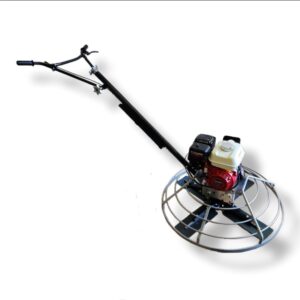
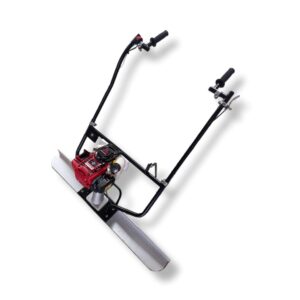
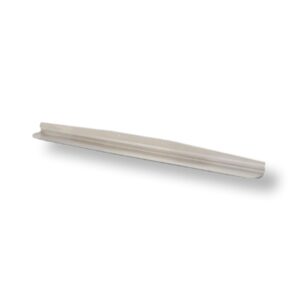

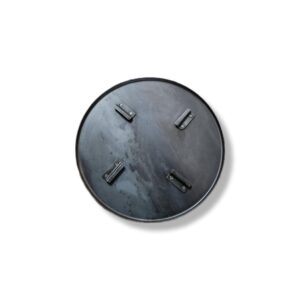
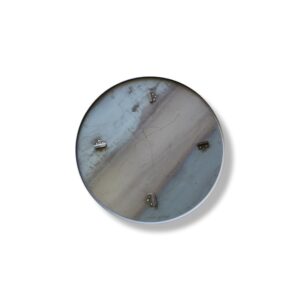

Concrete finishing is essential to the concrete laying process, transforming freshly poured concrete into a smooth, durable, and aesthetically pleasing surface. It not only enhances the visual appeal but also ensures the longevity and functionality of the concrete surface.
Concrete finishing begins directly after the concrete is poured and screeded using screed blades. The objective is to create a smooth surface resistant to water and other elements, such as freezing temperatures.
Here are a few benefits of concrete finishing:
One of the primary benefits of concrete finishing is its added durability once implemented. A well-finished concrete surface is less susceptible to wear and tear over time, reducing the risk of cracks, chipping, and other forms of damage. This finishing process ensures that the surface is compacted and densified, making it more resistant to the adverse effects of traffic.
A finished concrete surface is more appealing than one that hasn’t. Concrete finishing gives a smooth, refined, and professional look, making spaces appear more polished and inviting.
Over time, a well-finished concrete surface requires less maintenance as less wear and tear is involved. Home and business owners will, in turn, save on repair and replacement costs.
Concrete finishing offers a wide range of aesthetic options depending on your area. This versatility means your concrete can mimic other materials like bricks, tiles, or natural stone.
Finished concrete surfaces are better equipped to handle protection against freeze-thaw cycling, reducing the risk of the surface from flaking. Additionally, finishes can protect the surface from harmful UV rays, preventing colour fade.
Common types of concrete finishes include trowel finishes, broom finishes, stamped finishes, exposed aggregate, and coloured finishes. The choice depends on your preference for the desired aesthetic of your surface.
The finishing process begins almost immediately after pouring and screeding. Initial steps like using a float should be done before water impacts the surface. The exact timing of when concrete finishing should occur is based on the type of finish and environmental conditions.
Yes. Old concrete surfaces can be refinished or resurfaced to restore their appearance and durability. This process often involves cleaning and repairing cracks or damages.
Generally, concrete surfaces should be resealed every 1-3 years, depending on the usage and exposure. You must inspect your surface for signs of wear and fading regularly. From here, you can reseal your surface as needed.
While it can be challenging to prevent all cracks, control joints can be added during the finishing process to guide and limit where cracks occur.